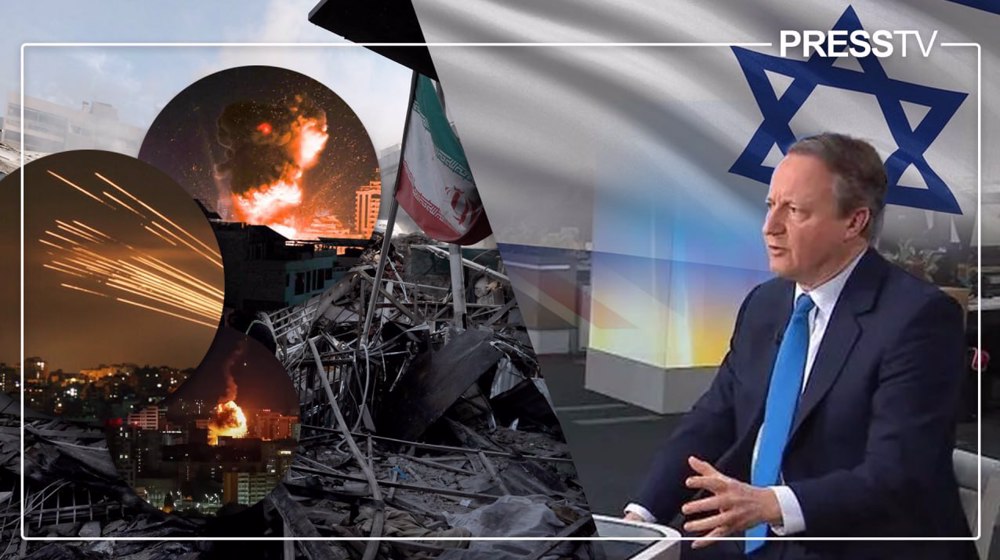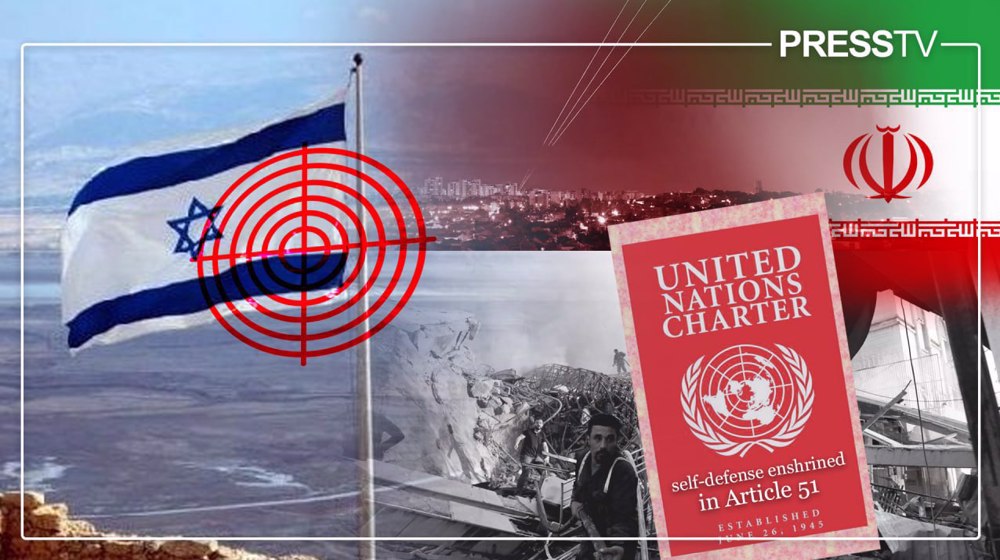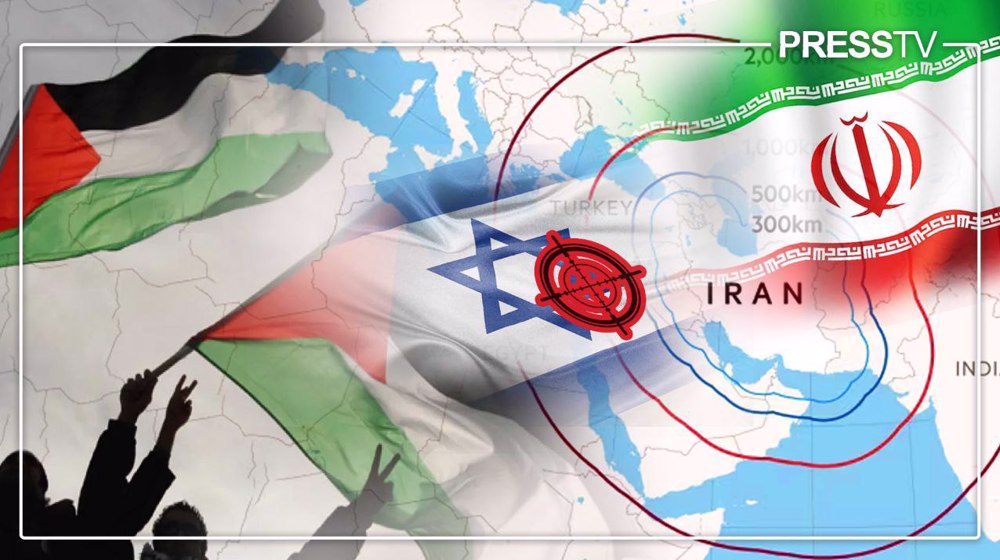Right-wing resistance to Iran agreement
“Israel will have a hard time fighting this agreement, or portraying it as bad.”
— Barak Ravid
The framework agreement between the Islamic Republic of Iran and the P5+1 nations is a historic accomplishment of diplomacy, a win-win situation for all parties concerned and a big step towards peace in the Middle East.
Despite statements from within the Israeli entity conceding the nuclear pact’s positive impact on regional tranquility, rabid right-wing resistance from the US Senate Likud loyalists emerged even before the ink was dry on the signature page.
In an unprecedented but unsurprising display of nonsense, Senator Mark Kirk (R-IL) condemned the Joint Comprehensive Plan of Action (JCPOA) on the Islamic Republic of Iran’s peaceful nuclear program. “Neville Chamberlain got a better deal from Adolf Hitler,” he pontificated, after having declared on April 1 that “the [Obama] Administration has made a series of dangerous nuclear concessions to Iran and gotten nothing serious in return.” Kirk, incidentally, is the number one recipient of pro-Israel campaign contribution money.
Senator Bob Corker (R-TN), the chairman of the influential Senate foreign affairs committee and primary sponsor of the Iran Nuclear Review Act scheduled for a vote on April 14, spouted off that, “We must remain clear-eyed regarding Iran’s continued resistance to concessions, long history of covert nuclear weapons-related activities, support of terrorism, and its current role in destabilizing the region.” As far as nuclear weapons-related activities, support of terrorism, and its current role in destabilizing the region, it would be difficult to find any nation more deserving of these adjectival phrases than the United States.
Oddly enough, Corker himself urged the Obama administration not to make a hasty agreement just to meet the March 31 deadline self-imposed by the negotiators. “Our nation and the world would be much better off if they would slow down or pause to ensure that if a deal is reached, it will be enforceable, hold Iran accountable, and be strong enough to stand the test of time.”
Nevertheless, Corker seems insistent on bringing his anti-Iran agreement bill (S.615) before the US Senate for a vote. Obama has indicated his intent to veto any such legislation, but Corker is confident his Iranophobic colleagues will be able to muster “a veto-proof majority” in order to override a presidential veto.
The JCPOA allows Iran to enrich uranium only to the 3.67 percent level, well below the 20 percent required for medical isotopes or the 85-plus percent level needed for a nuclear weapon. In addition, Iran has agreed to use only 5,060 first-generation IR-1 centrifuges out of the current 19,000 installed for this purpose for the next ten years. Even news outlets in the Israeli entity have acknowledged the agreement “includes many positive aspects that preserve Israeli security interests and answer some of Jerusalem’s concerns.” Nevertheless, right-wing pundit Fred Fleitz of the Center for Security Policy claimed, “Given Iran’s long history of cheating on nuclear agreements and covert nuclear activities, allowing it to do any uranium enrichment is very dangerous.”
Other so-called experts on Iran are even more vehemently opposed to the framework nuclear agreement. One such doyen is Clare Lopez, a former CIA operations officer and rabid right-wing war hawk, who has intimated that Iran was involved in the September 11, 2001 attacks and thus “has the blood of thousands of Americans on its hands.” Referring to any agreement with Iran as “another worthless piece of paper” and an imaginary entity called the “Iran Lobby,” Lopez insisted that Iran’s objective is to “obtain official American cooperation for Iranian hegemony in the Persian Gulf region and power projection beyond – hegemony, it seems increasingly likely, that will be assured by nuclear weapons.” Moreover, Lopez alleges that “despite Iran’s obvious intent to do lethal harm... the Iran Lobby advances steadily on Tehran’s objectives.” Clearly, Lopez’s histrionics are nonsense of the first order.
And then there is Israeli entity’s Prime Minister Netanyahu, who at the head of the pugnacious pack of Iranophobes, now insists, “Any final deal must include a clear and unambiguous Iranian recognition of Israel’s right to exist.” Continuing his rant, the Zionist leader shrieked, “Such a deal paves Iran’s path to the bomb,” which, according to Zionist regime mouthpiece Marc Regev, is Iran’s “single goal.” Contradicting these distorted views, Seif Da’na, a sociology professor at the University of Wisconsin-Parkside, remarked, “An Iranian nuclear bomb – one that belongs to the world of imagination, according to most experts – does not even constitute a threat to Israel, let alone the US.”
Given that the “Iranian bomb” is a figment of Netanyahu’s imagination, as is the “Iranian threat” to the still mighty US imperium, what is the fear of these rabid reactionaries over a framework nuclear deal? Rather than a fanciful Iran-Lausanne-Yemen axis, Professor Da’na explained that Netanyahu’s real concern is Iran’s competitive regional status and rising power, which threatens the Zionist regime’s exclusive Middle East hegemony. Likewise, in a post-deal Middle East, the Israeli regime will not be able to constantly cast Iran in the role of the regional pariah, and Zionist leaders would be forced to confront two long outstanding issues: First, admitting that the Israeli entity has an illegal nuclear weapons program outside the scope of any IAEA inspection and oversight; and second, acknowledging the longstanding Palestinian refugee dilemma along with its illegal occupation of Palestinian territories.

Netanyahu and his US congressional cadre are not alone in their opposition to rapprochement between the US and Iran; Saudi Arabia’s king Salman and other “moderate” Arab leaders have expressed their reservations as well. Much in the same way that Israeli leaders see themselves surrounded by “Arab” threats, the Saudi royals perceive themselves to be surrounded by “Iranian” threats, which has led to a Saudi invasion of Bahrain and now, Yemen. Similarly, Saudi perceptions of Iranian influence in Syria have resulted in Riyadh’s support of a proxy war using takfiri terrorists in an attempt to overthrow the administration of President Bashar al-Assad.
Despite Obama’s assurances “reaffirming US full commitment to sustain Saudi Arabia’s capabilities to defend itself,” and king Salman’s public platitudes of “hope to reach a final and mandatory accord conducive to consolidating regional as well as international security and stability,” the Saudis privately admit their fear of Iran and have reportedly decided to go after the A-bomb for themselves. According to former US Ambassador Mark Wallace, “The Saudi Arabian leadership has said that Saudi Arabia will go nuclear,” adding, “That may be as easy as paying for and taking delivery of a bomb from Pakistan,” sixty percent of whose nuclear program was funded by the Saudi monarchy according to Western intelligence sources.
Part of the arrangement for funding Pakistan’s nuclear weapons program involved an option for the Saudis to purchase quickly five or six nuclear warheads should the security situation in the Persian Gulf region make such action advisable. Given the worrisome extent of the Riyadh regime’s aggression in Yemen, Bahrain and Syria, and that it already has an arsenal of medium-range ballistic missiles, Saudi Arabia appears to be a phone call away from the nuclear breakout threshold. Saudi Ambassador to the United States Adel Al-Jubeir declined to confirm or deny allegations concerning Riyadh’s nuclear ambitions.
Attempting to conciliate the crazed cacophony of criticism over the framework agreement, Obama harshly emphasized in his weekly address that, “Iran will face more inspections than any other country in the world... So this deal is not based on trust, it’s based on unprecedented verification.” And in case the message to Iran was not crystal clear, the Pentagon has unveiled a 30,000 pound “bunker buster” bomb to ensure Iran is not tempted to “cheat” on the deal. Designed specifically to destroy heavily fortified underground nuclear facilities, the Massive Ordnance Penetrator (MOP) is no doubt intended not only as a Pentagon hedge against an abortive outcome to the nuclear talks, but also as a not-so-thinly-veiled threat against Iran.
The unceasing efforts exerted by Foreign Minister Mohammad Javad Zarif and his skilled staff to reach this historic accord with the P5+1 demonstrate the ultimately peaceful objectives of the Islamic Republic of Iran and her leaders, whose cooperation throughout the negotiations stands in sharp contrast to the West’s incessant intransigence and ante-upping antics. By diligence, sincerity and tenacity, Tehran’s team has concluded a framework nuclear deal bringing much hope for enduring peace and stability in the Middle East and throughout the world.
YAW/HJL
US forces smuggle stolen Syrian oil into bases in Iraq: Report
VIDEO | Press TV's news headline
Situation normal after air defenses fire at 'suspicious objects' in Iran
‘Iran retaliation against Israel ensured no aggression would go unanswered’
US vetoes Palestinian request for full UN membership
Iran sufficed to strike only part of Israel’s military positions: FM to UN chief
IRGC: Israel’s Dimona nuclear reactor not among Op. True Promise’s targets
VIDEO | West Asia awakens










 This makes it easy to access the Press TV website
This makes it easy to access the Press TV website